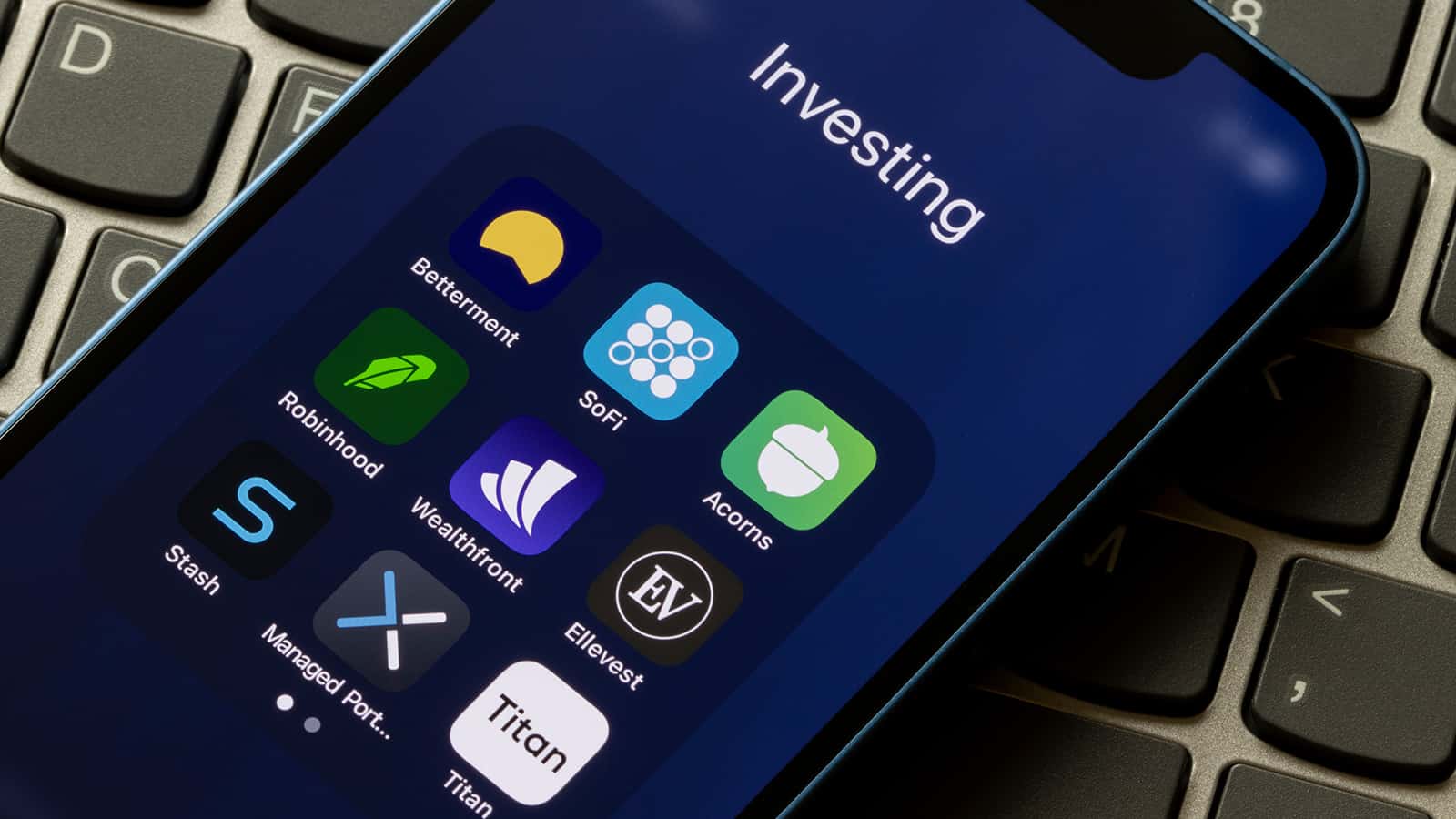We all have goals we want to achieve in life and our finances play a significant role in achieving them. With wise planning you can use your cash to be successful and build the life you want. On the flip side, it’s too easy to commit thoughtless errors that make reaching your goals less than likely. Thankfully, you don’t need to be a financial expert to make wise financial decisions that will aid you in life. You just need to know where to begin and what to avoid. Here are ten foolish money moves you don’t want to make if you want to keep your finances on track.
Table of Contents
Keeping a Credit Card Balance When You Have the Money To Pay It

Credit cards are great, and they offer some wonderful perks. However, the interest on your card balance is eating away at the money you could be keeping.
If you have the money in the bank to pay the balance, pay it at the end of the month. With Americans spending billions of dollars on interest and fees, paying off your balance in full is vital.
Buying Items You Rarely Use

Don’t waste your money buying items that you are only going to use a couple of times a year. Examples include sporting goods like kayaks that you only use on vacation or power tools that you only need for one project.
You are better off renting these items and saving your cash.
Forgetting Trial Subscriptions and Returns

Money wasted on subscriptions and returns that you missed the window for returning can add up quickly. Put these items in your phone calendar so that you don’t end up wasting money.
Not Taking Advantage Of Your 401k Match

If your employer offers free 401(k) matching, why wouldn’t you take advantage of it? It’s free money. Many people miss out on this employment perk. If you are one of them, you need to change that.
Empower reports at least 30 percent of Americans don’t take advantage of their 401(k) match. If that’s you, it’s to your benefit to start now.
Not Having Emergency Savings

Life comes at you fast and occasionally comes with unexpected expenses. You need to have some money set to the side in case your car breaks down, you need a tire, or your employment unexpectedly comes to an end.
It’s best to have at least three months of living expenses saved for an emergency. Even if you can’t save that much, don’t give up completely. Make it a goal to save at least $1,000 since that will cover many emergencies.
Using an online bank, such as CIT Bank, is a terrific way to earn as much as you can on those savings.
Buying New When Used Will Do

Do you really need a fresh-off-the-lot new car, or will a used one in good condition suit your needs just as well?
You should really consider buying used in good condition items when you can because it can save you a lot, and many of those shiny new items are going to depreciate fast.
Not Having a Budget

How are you supposed to track your finances and find ways to save more money if you don’t know where your money goes?
You need a good budget and a way to track your expenses so that you can find more ways to save. It’s not difficult to create a budget. Find a free budgeting app you like. Most will take care of much of the heavy lifting for you.
Making Late Payments

Paying a late fee on your bills is a good way to burn through a lot of cash fast. Set up automatic payments for your regular bills. If you can’t do that (not everyone can), set up reminders on your phone so that you can avoid those late fees.
Buying the Minimum Insurance

Sure, having the minimum insurance for your health, home, or car saves you money now. But what about down the road when you actually need to use it?
Are those minimum payments going to be worth the hassle of getting things taken care of properly? It’s at least worth looking at better insurance coverage than just the minimum. Don’t forget to shop around.
Not Having a Side Hustle

No one says you have to work 80 hours a week, but if your main employment is your sole source of income, what happens if you lose it?
There are so many ways to make money on the side these days. It’s kind of financially irresponsible not to find one of your own.
Ignoring Your Credit Score

Your credit score is an incredibly important number to monitor. Not only can it help reduce your interest rate when you have to borrow money, but some entities also may have the right to access your score.
While the credit scoring system is not a perfect one, it is important to do what you can to improve it. Things like making timely payments to creditors and not taking on too much debt are both simple ways to keep your score from getting too low.
How to Save Money On a Tight Budget

Saving money feels impossible when you’re struggling to make ends meet, but you can do it. Use these tips to save money each month, even on a tight budget.
How to Save Money on a Tight Budget
I Need Money Now

Are you in a cash rut and need money quickly? Don’t take out a loan. Here are 19 ways you can get cash today to make ends meet.
9 Best Investing Apps For Beginners

If you’re new to investing, it can be difficult to know where to start. Thankfully, there are apps for that. Here are nine of the best investing apps for beginners.
9 Best Investing Apps For Beginners
How to Multiply Your Money

Get-rich-schemes are typically scams. However, there are ways to truly grow your wealth. While not flashy, they can help you build real wealth.
101 Ways to Make Money on the Side

There are countless side hustle ideas you can pursue. Not everyone will be a good fit for you. Here’s an exhaustive list of options to make extra money on the side.
Ways to Make Money on the Side
I’m John Schmoll, a former stockbroker, MBA-grad, published finance writer, and founder of Frugal Rules.
As a veteran of the financial services industry, I’ve worked as a mutual fund administrator, banker, and stockbroker and was Series 7 and 63-licensed, but I left all that behind in 2012 to help people learn how to manage their money.
My goal is to help you gain the knowledge you need to become financially independent with personally-tested financial tools and money-saving solutions.






Leave a Reply